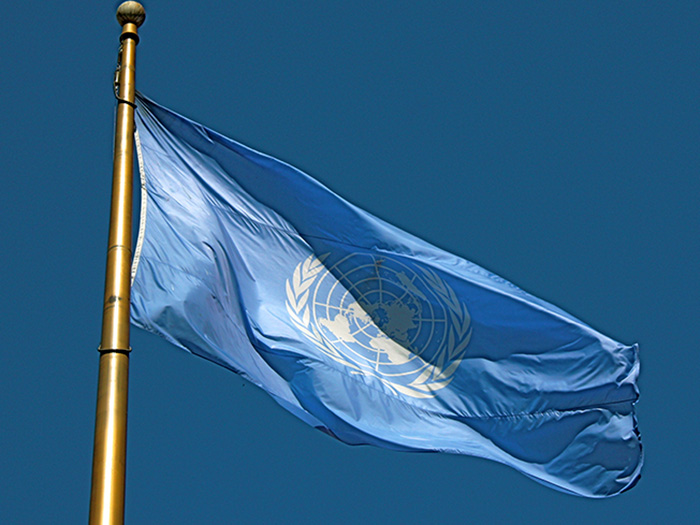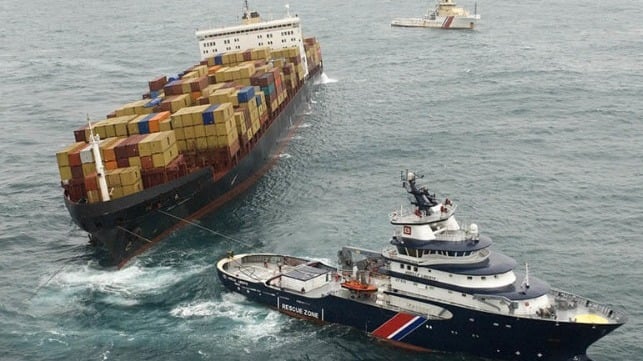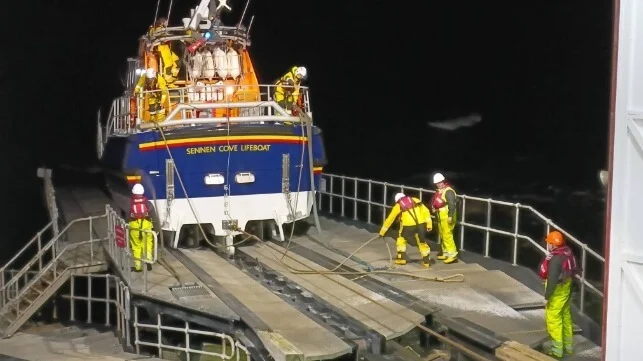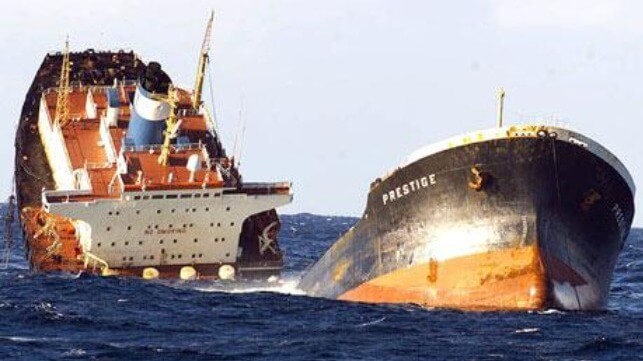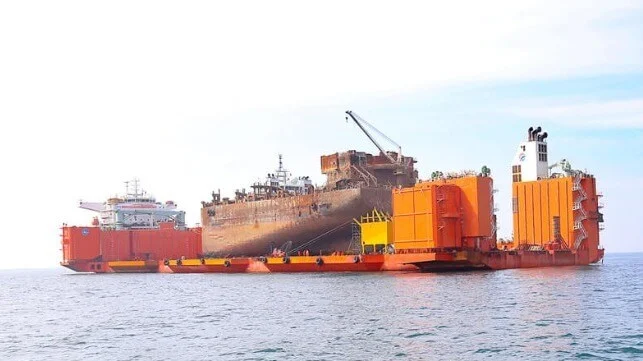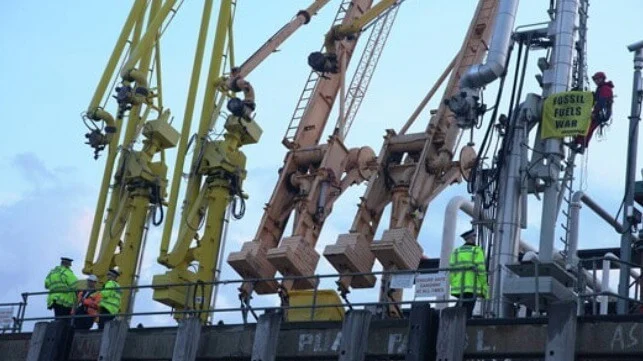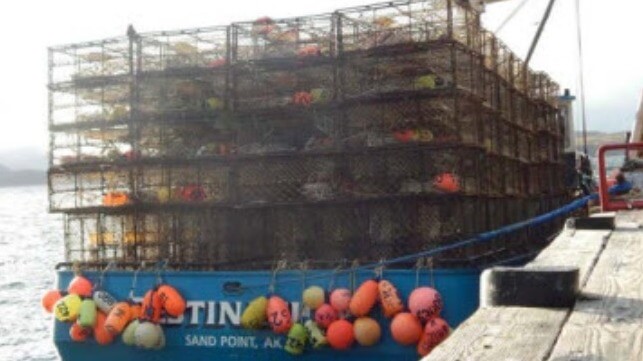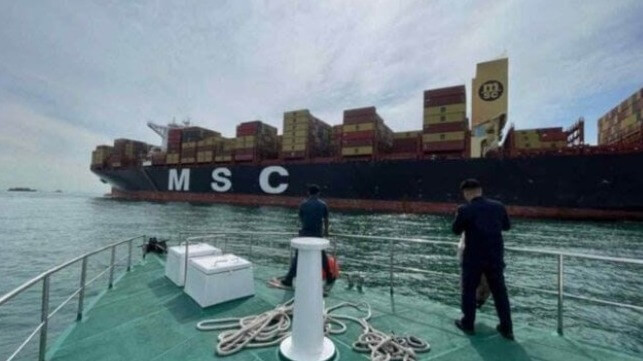The FSO Safer, a decaying tanker holding four times as much oil as spilled by the Exxon Valdez is a ticking time bomb threatening a Red Sea catastrophe. Yesterday, the United Nations Development Program (UNDP) took a step towards stopping that happening. It signed an agreement with Euronav to secure the purchase of a Very Large Crude Carrier. The move is part of the UN-coordinated operation to remove more than one million barrels of oil from the FSO.
Built in 1976, the 406,639 dwt FSO Safer is one of the largest vessels ever built and has been positioned off the Yemeni coast for thirty years. However, since 2015 it has been abandoned without power or maintenance. It has become a real danger.
The FSO Safer has decayed to the point where there is an imminent risk it could explode or break apart, which would have disastrous effects on the region.
A major spill would devastate fishing communities on Yemen’s Red Sea coast, likely wiping out 200,000 livelihoods instantly. Whole communities would be exposed to life-threatening toxins. Highly polluted air would affect millions.
It would also result in the closure of the ports of Hodeidah and Saleef – which are essential to bring food, fuel and lifesaving supplies into Yemen, where 17 million people need food assistance. Desalination plants would close, cutting off a water source for millions of people. Oil from the Safer could reach the African coast and affect any country on the Red Sea. The environmental impact on coral reefs life-supporting mangroves and other marine life would be severe. Fish stocks would take 25 years to recover.
The cost of cleanup alone is estimated at $20 billion. Disruptions to shipping through the Bab al-Mandab strait to the Suez Canal could cost billions more in global trade losses every day, as happened after the Ever Given grounded in the Canal in 2021.
The new vessel to replace the FSO Safer is now in dry dock for modifications and regular maintenance before sailing to the FSO Safer, currently moored about nine kilometers off Yemen’s Ras Issa peninsula. It is expected to arrive in early May 2023 for the operation.
The UNDP, which is implementing the high-risk operation as part of the UN-coordinated initiative, is contracting marine salvage company Smit to safely remove the oil and prepare the FSO Safer for towing to a green salvage yard.
According to Euronav, the vessel that will replace the FSO Safer will stay there. Euronav will help operate the vessel after the transfer of the oil for several months afterwards
UNDP Administrator Achim Steiner said, “The purchase of this suitable vessel by UNDP marks the beginning of the operational phase of the UN-coordinated plan to safely remove the oil from the Safer and avoid the risk of an environmental and humanitarian disaster on a massive scale. We must accept that this is a very challenging and complex operation. UNDP is working around the clock with experts from UN sister agencies including IMO, WFP and UNEP among others as well as international consultancies on maritime law, insurance and environmental impact to ensure that we are deploying the best possible expertise to successfully complete this operation.”
While the project to remove the oil has received significant international support, spiraling costs mostly related to the war in Ukraine that triggered a significant price increase in the market for suitable vessels to undertake the operation mean more money is still needed to complete the emergency phase of the plan. As of March, the UN has raised $95 million, of which $75 million has been received. The total budget for the emergency phase of the project is $129 million.
To fill the budget gap, the UN is re-launching a crowdfunding appeal which saw thousands of individuals around the world contribute to the FSO Safer project in 2021. To learn more, visit www.un.org/StopRedSeaSpill.


